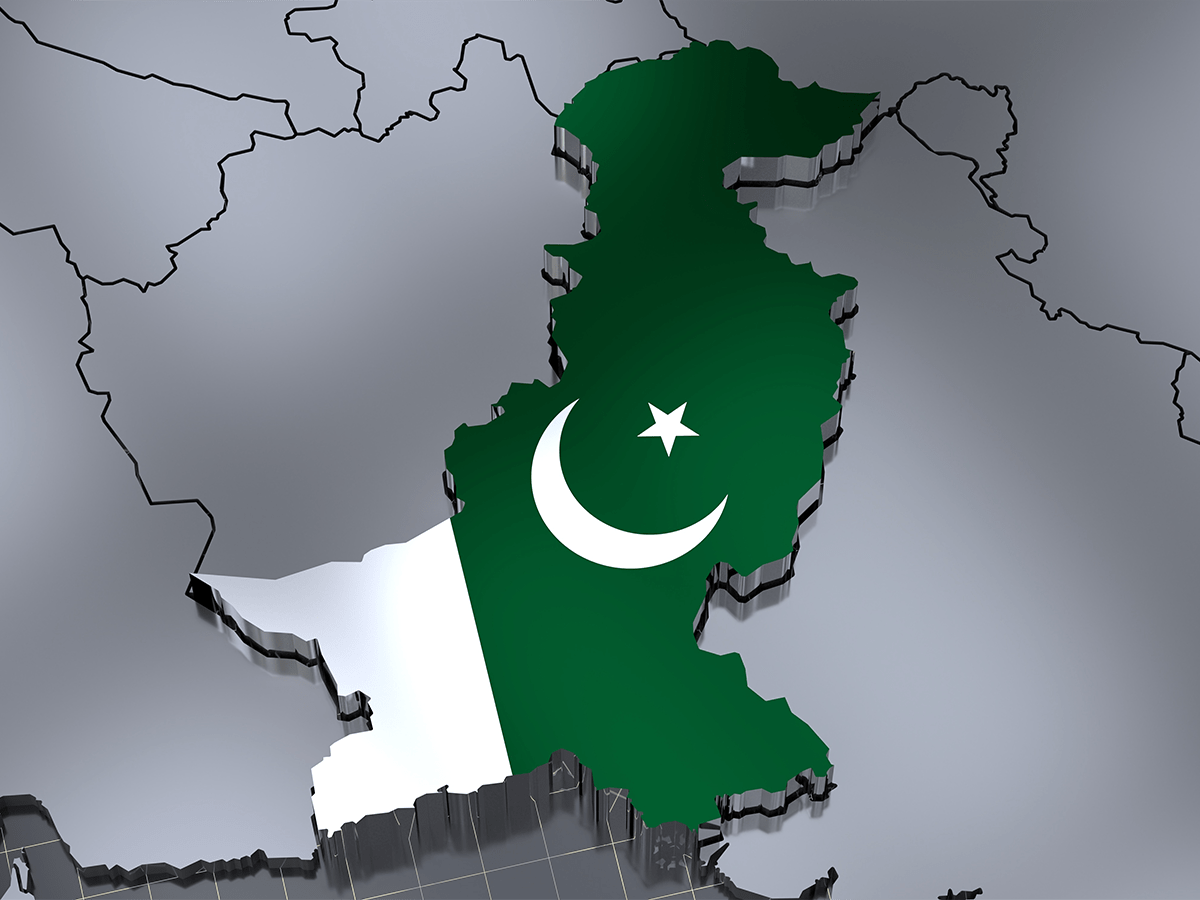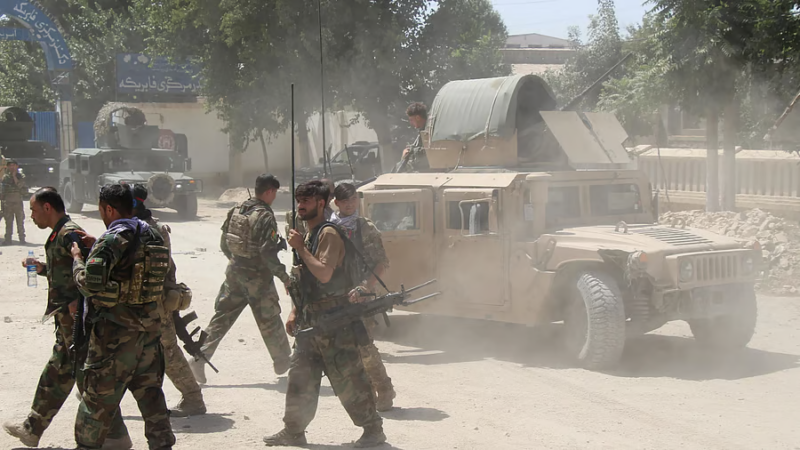Citizenship: Howe Pakistan lets down Afghan Refugees

Afghan refugees living in Pakistan have waited for three years now to see Prime Minister Imran Khan make good his promise of granting them full citizenship. But he no longer talks about it. And Taliban’s return with the resultant instability has caused more complications.
The offer-cum-promise was made on September 18, 2018 in different times, when he was just elected and had ideas born of lack of political experience. Of the many, this one was foolhardy and met with silent opposition from his military mentors and the bureaucracy. The country’s non-Pushtun citizenry feared complication of socio-economic conditions affecting the country’s already fragile polity.
If the military saw security reasons, the foreign office anticipated problems with Afghanistan. The bureaucracy saw administrative mess and disturbing socio-economic balance.
The politicos sensed that Khan, a Pushtun himself, was trying to inject more from his ethnic group to garner electoral advantage. They would have thwarted any legislation on this.
Khan had then also talked of giving two million Bengali speaking people the same right. This may have been okay constitutionally, since the rules allow citizenship to anyone under Section four of Pakistan Citizenship Act 1951, born in Pakistan. But that would have also caused conditions difficult to control.
The idea never took off, but it raised hopes among the refugees who have lived in Pakistan for four decades, many of them, in fact, born in Pakistan, who have never visited Afghanistan.
Pakistan has one of the largest population of refugees. Besides the Bengalis who either stayed on or made their way after Bangladesh was born in 1971, Afghans began pouring in after the 1979 invasion by the then Soviet Union. Through the 1980s, the Western powers encouraged this by funding the refugee relief, but also to secure fighters to fight the Soviet-backed Kabul regime. Pakistan is also home to some 400,000 Rohingyas from Myanmar.
Funds to shelter the refugees have risen and reduced depending upon the Western interest in Pakistan’s ‘utility’ in the cold war. There were cuts after the Soviets quit Kabul and when Pakistan conducted nuclear tests.
Pakistan has witnessed the pernicious effect of the refugees in terms of smuggling of drugs and arms. Many Afghans with money bought up property in Pakistan. Many married locally. Afghans have sought jobs and livelihood, sharing what the Pakistanis have. Their movement to Karachi and other cities have caused slum-like settlements that are also crime hubs.
In political terms, the Afghans’ movement has weakened the international border since there are Pushtuns on both sides. The British-era Durand Line that forms the border has never been recognised by any regime in Kabul, including the Taliban, who ruled between 1996 and 2001 and are now back in power.
Once Imran khan raised expectations, the Afghan populace in Pakistan felt betrayed by Pakistan where, after four decades, they remain ‘outsiders’ when it comes to civic rights, legal protection and social acceptance. Many young do find spouses as being Afghan causes distrust. They are unwanted in Pakistan.
The international community views the Afghan refugees from human prism. Making out “The Case for Granting Afghan Refugees Full Pakistani Citizenship,” the Centre for Global Development (CGD), a Washington-based global organisation, in March 2020 said the presence of an estimated 1.5 million registered refugees and another one million who are not registered “is an indication of an underlying policy issue which the government of Pakistan is reluctant to recognize.”
It said “The political situation in Afghanistan also could impose international legal obligations upon Pakistan. Article 1(a) (2) of the Convention unequivocally describes a refugee as a person who is in fear of persecution in their home country.”
Seeking to counter objections to granting of citizenship to Afghan refugees, it said: “There are two main arguments which are proposed against the granting of citizenship. First, that Pakistan is already poor and cannot bear the burden of more people. This argument is without any substance as Afghan refugees pour 350 million US dollars in the Pakistani economy annually. This amount is in addition to the annual 150 million US dollars in aid from international donors to Pakistan. Moreover, Afghan refugees run a significant amount of businesses in Peshawar, Karachi and many parts of Khyber-Pakhtunkhwa, creating an increased demand for manufactures as well as providing employment. Their contributions to construction and waste treatment sectors are also invaluable.
“The second argument relies on the security concerns of the Pakistani state that some Afghan refugees have links to terrorists in Afghanistan and the latter could end up being granted citizenship under the guise of refugees. However, our state fails to consider that not granting citizenship might be ‘counter-productive’ as ethnic slums might serve as fertile grounds for terrorist recruitment. This anxiety is also punishing millions for the crimes of very few people.”
Updating its findings in its latest study of August 25, 2021, issued post-Taliban takeover, the CGD said: “With US Withdrawal, Rights of Afghan Refugees in Pakistan Hang in the Balance.”
The report by Denielle Amparado, Helen Dempster and Imran Khan Laghari said: “With the fall of Afghanistan to the Taliban, it is likely that the Pakistani government will see new refugee movements. These people are likely to receive a cold welcome. Such movements may also have negative implications for the Afghans already in Pakistan who have been used as a political bargaining chip for decades.”
It underlines the negative image and responses in Pakistan that the Afghan refugees get. It quotes from a 2016 Gallup poll that 90 percent of Pakistanis supported blocking Afghans without visas from entering the country in order to help counterterrorism efforts. While there are some signs that these views are improving, the perception of Afghan refugees as a security threat remains. In 2018, the World Values Survey found 57 percent felt immigration increased the crime rate, and 58 percent felt immigration increased the risk of terrorism.”
If Afghans are unwanted in Pakistan, they have nowhere else to seek refuge. The situation is volatile and violence is rampant along the border. Heavy casualties at spin Boldak, across Pakistan’s Chaman are going un-reported.
Under these circumstances, Imran Khan’s earlier promise and the current silence, both ring hollow. He seems to have made the misery that the Afghans, which side of the international border they are presently located, a vehicle for popularity at home and a diplomatic weapon abroad. (Ends)






